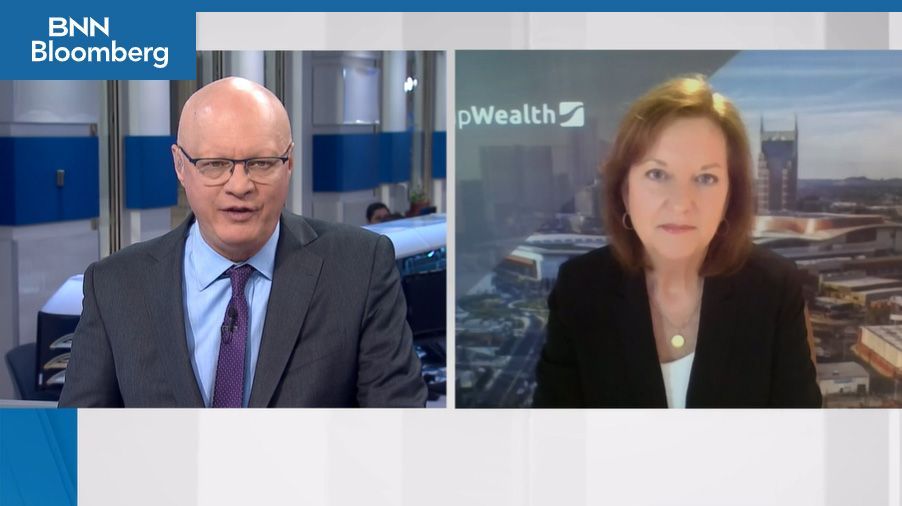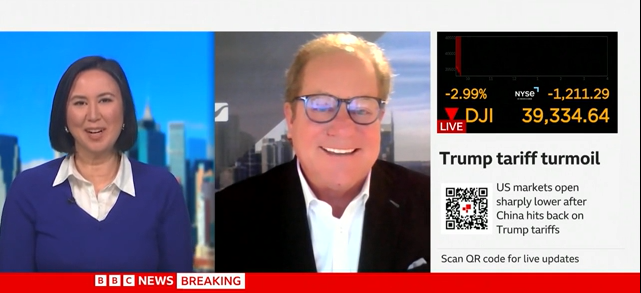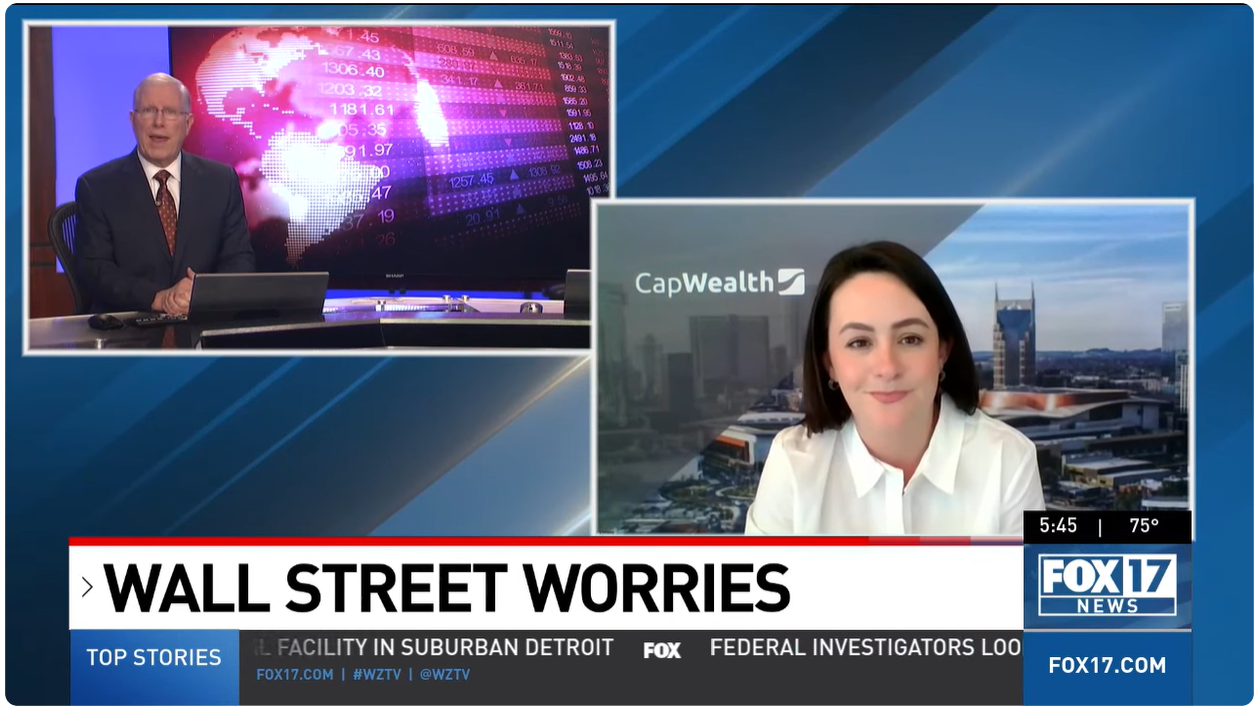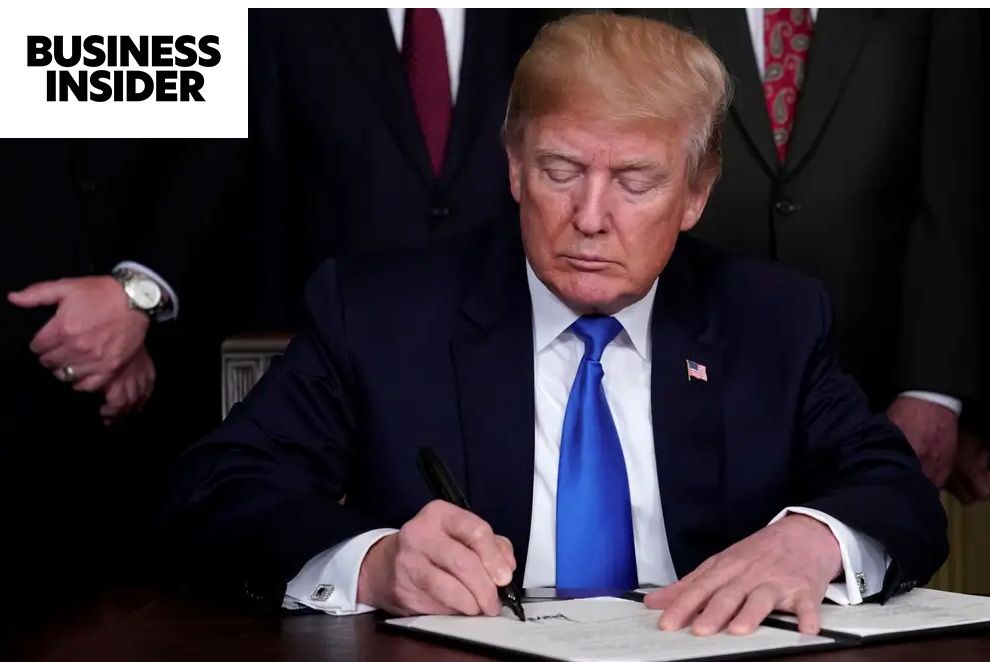Cuban Market Could Be Boon to U.S. Businesses
December 26, 2014
Cuban cigars and rum next holiday season?
On Dec. 17, President Obama announced that the U.S. would be re-establishing diplomatic ties with Cuba after 54 years of the official cold shoulder. If the move leads to an end of the U.S. trade embargo against this island located just 90 miles off the coast of Florida, it could mean that this time next year, you might be enjoying a fine Cuban cigar with some authentic Cuban rum in your eggnog.
More importantly, it could translate into a big boon to U.S. companies and a welcome tailwind for investors.
Classic cars, brand-new opportunities
Off-limits to both U.S. tourists and businesses since 1960, Cuba is a market whose population exceeds that of the states of Tennessee and Kentucky combined. Under the Castro brand of communism, Cuba has been largely stagnant and isolated from the rest of the global economy, dependent on China and the Soviet Union, now Russia, for critical imports. As a consequence, there are tens of thousands of Fords, Chevys, Studebakers and DeSotos built in the 1940s and 1950s still on the streets in Cuba, kept roadworthy by enterprising owners through repairs cobbled together from Soviet-era junk parts. Only about 5 percent of Cubans have unrestricted access to the Internet. Almost none have ever had a Big Mac. What few foreign consumer goods do make it to Cuba often do so secretly in the luggage of travelers coming to see relatives. The average Cuban makes $240 a year.
There’s far more on the line than the possibility of getting your hot little hands on those prized Cuban stogies or a dram of that sugarcane-derived elixir (the Obama administration is now allowing visitors to come back with $100 worth of cigars or spirits per person — or about two premium cigars and well short of the amount needed to get back with a coveted bottle of Havana Club brand rum). And the issue is far more complicated than the simple laws of supply and demand: Just because you want it or the Cuban people want it doesn’t mean either is going to get it.
Winners and losers
Should trade relations improve, and they no doubt will (after a half century of what amounts to a two-nation Cold War, the only direction is up), Cuba’s leaders still aren’t going to suddenly embrace laissez-faire economics. As pointed out by a Dec. 18 article in The New York Times, the biggest opportunities for business development in Cuba will be for those selling goods and services that will enhance Cuba’s own domestic production: companies like Home Depot, John Deere and Caterpillar. Home Depot would be purveying the country’s own products, John Deere tractors would enable local farmers to raise more crops (many farmers work their fields with teams of oxen, and Cuba imports fully two-thirds of its food) and Caterpillar heavy machinery would help Cuba uncover its vast deposits of nickel and other minerals. An AT&T or a Verizon could be invited in as well to build commercial communications from its current near-nonexistent state — such an infrastructure would be essential to substantial economic growth and would employ Cubans.
Consumer companies like Coca-Cola and Pepsi probably won’t fare so well because of the average Cuban’s lack of disposable income and what the government would perceive as insufficient benefit to the island’s indigenous economy.
“For a company like McDonald’s, the Cuban government is going to ask, ‘How does McDonald’s coming in and selling hamburgers help the economy of Cuba?’ ” says Kirby Jones, founder of Alamar Associates, which has advised companies on doing business in Cuba since 1974.
Lush and opulent delights?
Even hotel owners, who are undoubtedly salivating over the unexpected détente in U.S.-Cuban relations, may be disappointed. Before Fidel Castro’s revolution, Cuba was once the most visited destination in the Caribbean and a playground for America’s rich, famous and infamous: the Vanderbilts, the Whitneys, New York City Mayor Jimmy “Beau James” Walker, novelist Ernest Hemingway, singer Frank Sinatra, silver screen siren Eva Gardner and mobster Meyer Lansky flocked to Cuba for gambling, horse racing, music-club hopping, golfing, fishing and drinking. According to Smithsonian.com, the now-defunct travel magazine Cabaret Quarterly once described Cuba’s capital Havana as “a mistress of pleasure, the lush and opulent goddess of delights.”
The tropical beauty, sunny climate and rum are all still there, but that atmosphere of unfettered freedom is not. The powers that be in Cuba will likely offer hotel companies like Marriott and Hilton management contracts only, and not the chance to actually own any property.
Much like the casinos of Cuba’s ballyhooed past, there will be winners and losers in the bid to reach Cuba’s burgeoning consumers and develop its untapped economy. Overall, however, it will be good for Cuba’s people and for American business interests. That you can bet on.
Phoebe Venable, chartered financial analyst, is president & COO of CapWealth Advisors LLC. Her column on women, families and building wealth appears each Saturday in The Tennessean.













